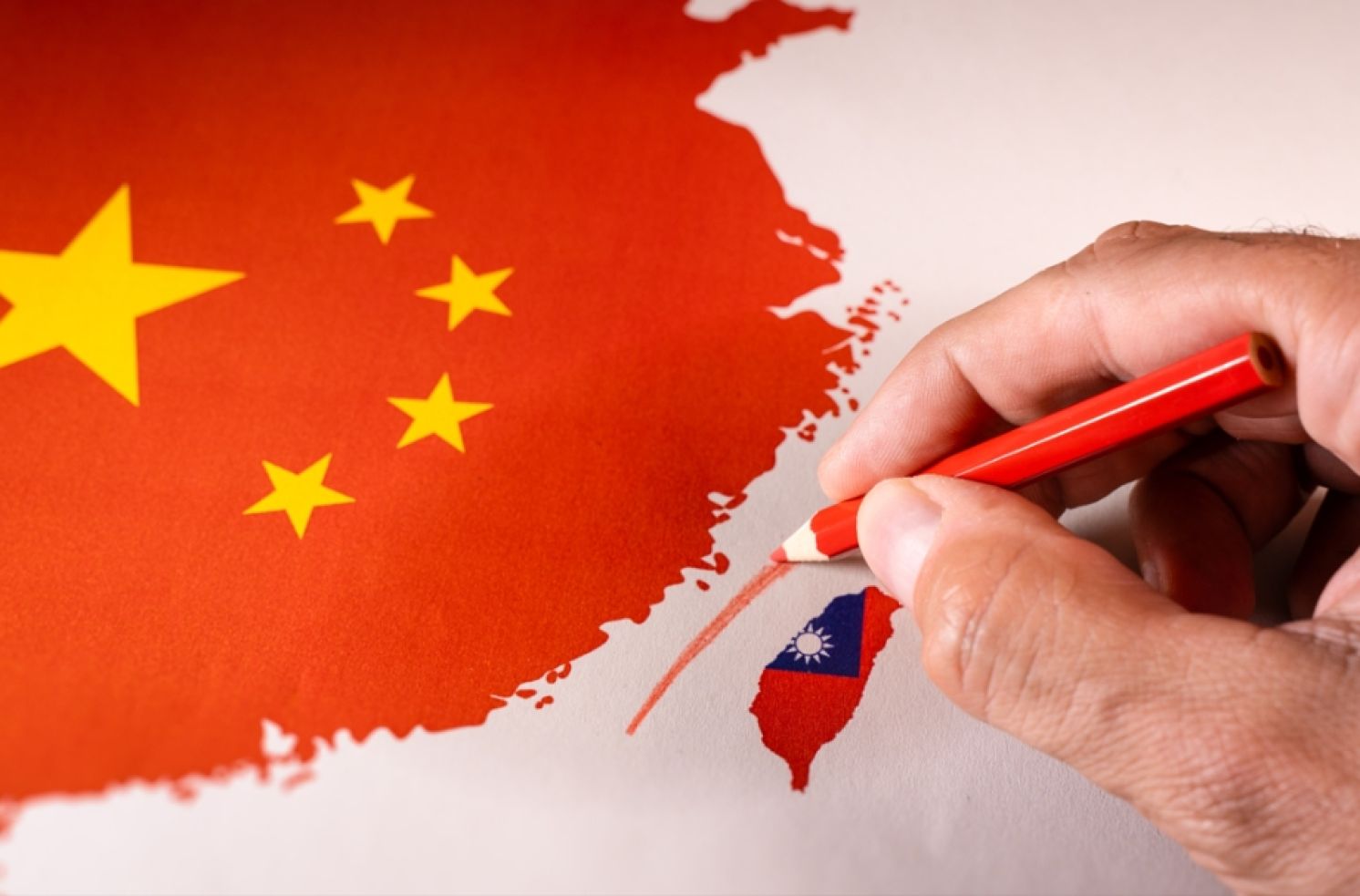
Lai Administration's Self-Contradictory Entry Backlist
By Wu Wei-chih, China Times, June 15, 2025
Taiwanese teacher Chang Li-chi had his household registration revoked after applying for a mainland Chinese residence permit. Yet, the Mainland Affairs Council (MAC) only announced this policy in April—even though Chang’s permit had already expired in June of the previous year. Despite this, the MAC claimed the validity of the license was “not a consideration,” effectively rendering Chang a “stateless wanderer.” The MAC even warned that holding a “Chinese Border Tourism Passport” could also result in revocation of Taiwan residency—such a cold, bureaucratic declaration has led Chang to accuse the MAC of openly trampling on the Universal Declaration of Human Rights.
President Lai Ching-te’s policy is not only unreasonable but also internally contradictory. Out of fear that mainland Chinese residency might become a loophole for young Taiwanese men to evade military service, the government demands that those registered in mainland China return to Taiwan to serve. However, under the MAC’s definition, anyone with household registration in the mainland is considered a “Chinese citizen” and thus should have their Taiwan registration revoked. But if they’re no longer registered as Taiwanese, how can they be required to serve in the Taiwan military?
If someone is deemed to have adopted mainland Chinese nationality and is then still expected to return for military service, does the Taiwan military treat them as spies? Or would the mainland see them as traitors? If individuals choose to ignore the order, then will Taiwan issue a warrant for their arrest? These absurd administrative measures are causing more fear among citizens than a formal declaration of war.
According to the Act Governing Relations between the People of the Taiwan Area and the Mainland Area, only those who possess a mainland Chinese household registration or passport can have their Taiwan household registration revoked. However, the MAC has arbitrarily expanded the definition to include those with mainland residence permits. Even when such licenses have expired, the MAC has failed to apply the principle of proportional punishment—effectively forcing people into exile, reminiscent of Taiwan’s White Terror era.
Article 10 of the Constitution guarantees freedom of residence and movement, which includes the right to enter and leave the country. The National Security Act does require entry and exit approval from authorities, but it makes no distinction regarding whether a citizen is registered in Taiwan. Applying this rule universally infringes upon a citizen’s right to return home.
Similarly, Article 12 of the International Covenant on Civil and Political Rights (ICCPR) clearly states that “everyone lawfully within the territory of a State shall, within that territory, have the right to liberty of movement and freedom to choose his residence.” Paragraph 4 of the same article further reinforces that “no one shall be arbitrarily deprived of the right to enter his own country.”
This means that within the bounds of law, no person, organization, or authority may forcibly expel someone from their place of residence. The right to return to one’s own country is an absolute protection for nationals. Although some restrictions may be applied by law, only those who voluntarily and rationally choose to emigrate can be considered to have waived this right under international human rights standards.
Furthermore, Taiwanese citizens who temporarily acquire another nationality for short-term overseas travel are still protected by the Constitution. International law recognizes the right to obtain temporary travel or residence permits abroad. In theory, such rights do not expire simply because one left Taiwan without formal permission. The MAC’s threat to revoke citizenship for those holding a “Chinese Border Tourism Passport” reveals a lack of understanding of international human rights law.
Historically, during the McCarthy era in the United States, suspected communists were blacklisted from entering the country. Similarly, during Taiwan’s martial law period, those involved in pro-independence activism were denied reentry. Only after the lifting of martial law were they allowed to return. Today, under the DPP administration, ignoring the international standards enshrined in the ICCPR raises serious concerns: Is Taiwan’s democratic constitutional order regressing?
(The author is the deputy chairman of the Chinese Association for Human Rights.)
From: hhttps://www.chinatimes.com/opinion/20250615002622-262104?chdtv
〈Back to Taiwan Weekly Newsletter〉